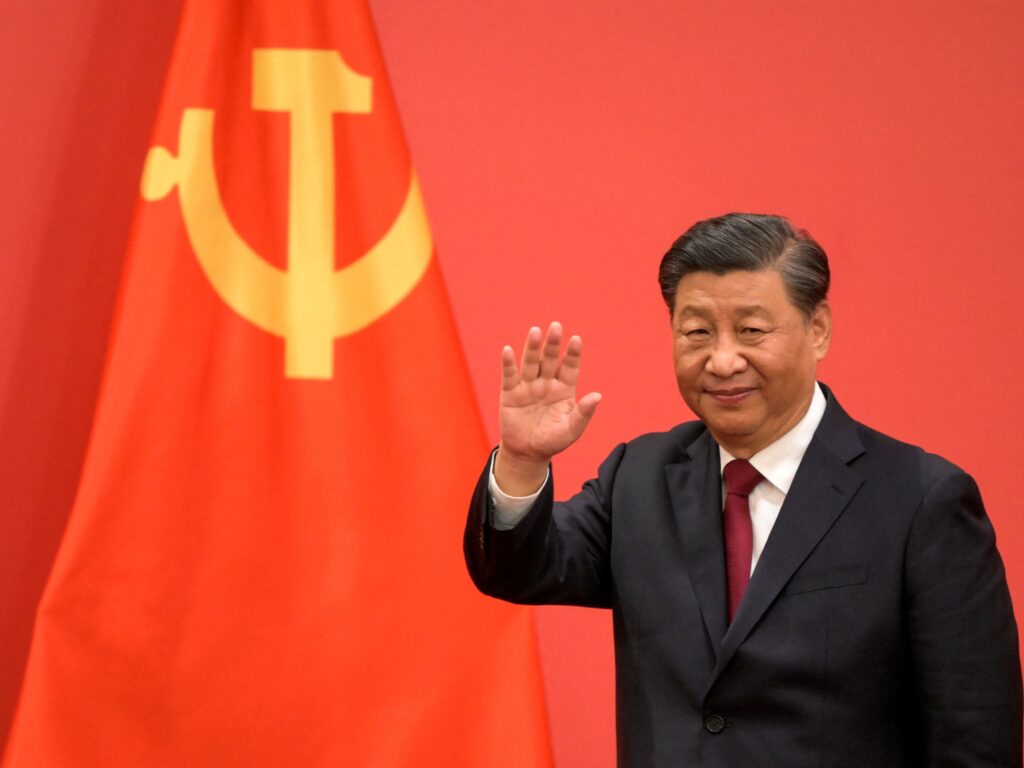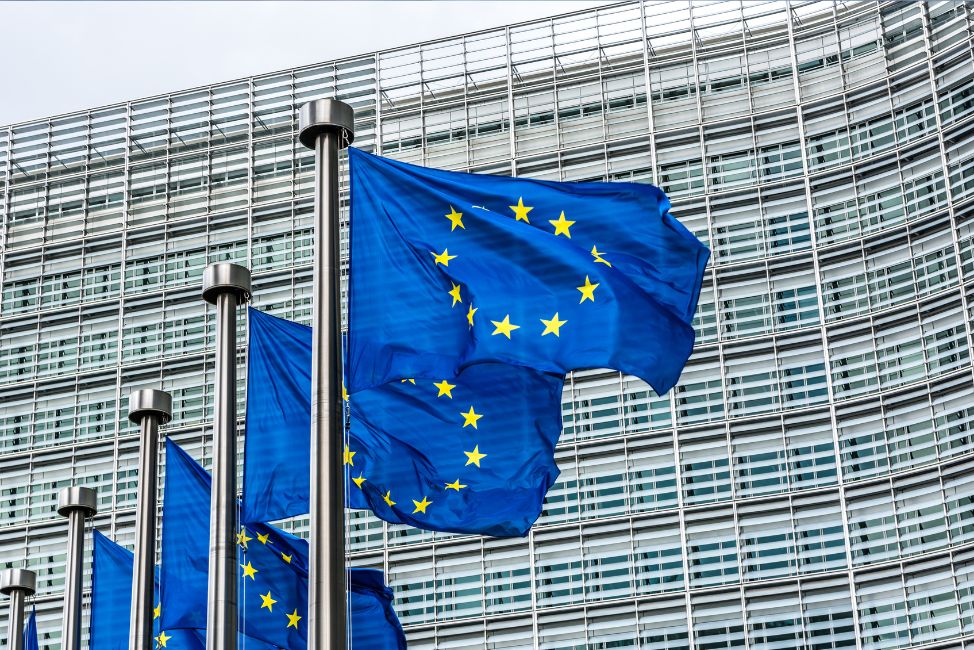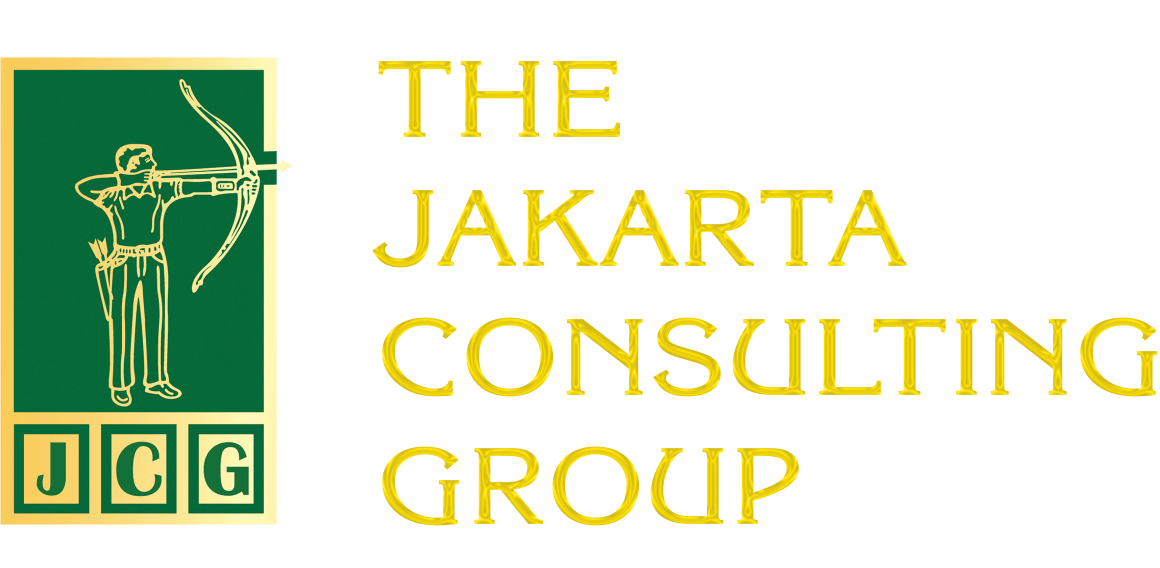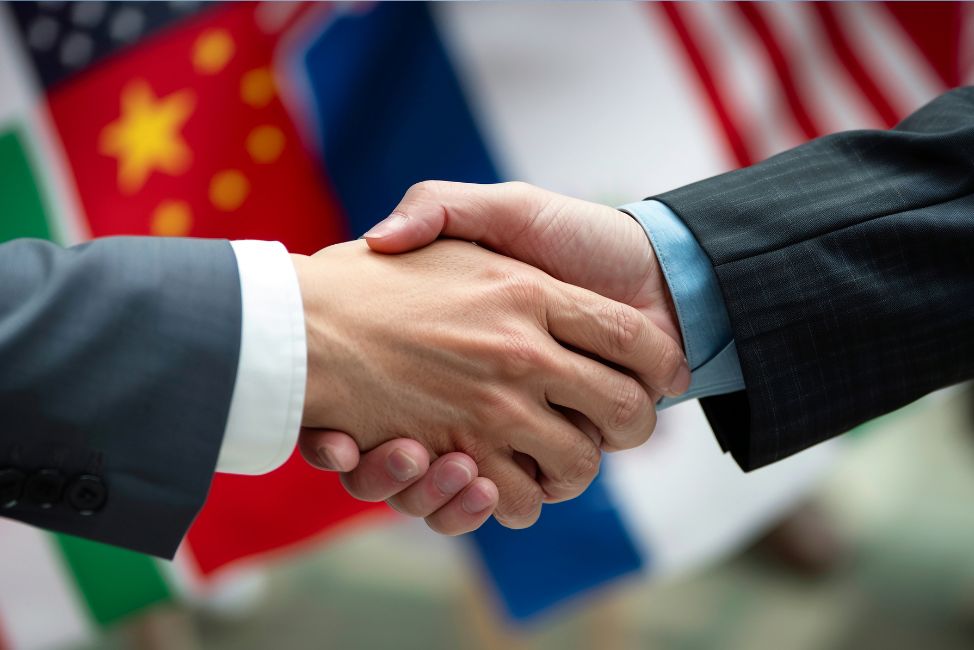US President Donald Trump has announced a full three-month or approximately 90-day reprieve on all high import tariffs imposed on various countries, including Indonesia, which is subject to a 32% tariff. For China specifically, Trump’s tariff policy will be raised to 125% from 104% after China announced additional retaliatory tariffs against the US.
What is clear is that now all countries other than China that are subject to import tariffs by Trump will experience a decrease to a universal tariff of 10%. Trump considers that the high tariffs will actually remain in effect. The postponement of tariffs was carried out because many countries have good intentions to negotiate with the US.
World Criticism of Trump’s Tariff Policy
This postponement policy contrasts with the one announced by Trump a week earlier. On April 2, 2025, Trump announced a base tariff of 10% on all countries, while criticizing the Asian and other economies with reciprocal tariffs on 57 countries.
The purpose of Trump’s tariff policy, according to Trump, is to protect US workers and industry, achieve reciprocity in trade, increase national income and strength, and as a manifestation of the America First vision.
This executive order made the world react strongly. Many accused this policy of being arbitrary and beyond reason. The stock market plummeted, as did the exchange rate of foreign currencies against the US Dollar. Including the Rupiah. The world’s reaction varied, although everyone disagreed. Australia, for example, did not want to retaliate on the grounds that it did not want to get involved in the trade war and chose the path of protection.
Vietnam, which was subject to a 45% tariff policy by Trump, plans to cut a number of import tariffs on US products entering Vietnam. Then Vietnam is committed to importing products from the US such as aircraft and agricultural materials. Vietnamese Communist Party Secretary General To Lam has negotiated the deal in a telephone call with Trump.
Trade War

China responded to Trump’s tariff policy with countermeasures. It seems that no one is as bold as China, ready to go to war to the end. China retaliated against America’s high tariffs by announcing that it would impose an additional 34% tariff on US products. Trump retaliated again by announcing an additional tariff on Chinese imports to 104%.
The European Union is preparing to retaliate against Trump’s tariff policy. The EU is also preparing to retaliate against BMI tariffs on US commodities. The bloc has agreed to tariffs worth US$23 billion on US goods. However, the European Union prefers negotiations.
What about Indonesia? The government plans to increase imports from the US in the form of reallocation from other countries. Especially agricultural products that Indonesia does not have. President Prabowo Subianto assigned Finance Minister Sri Mulyani Indrawati and Foreign Minister Sugiono to assist Airlangga Hartarto in negotiating Trump’s tariff policy. However, there are those who worry that this will weaken Indonesia’s bargaining position.
Donald Trump Viewed from the Leadership Perspective
Trump continues to surprise the world with his tariff policies. Trump’s changing attitude increases uncertainty in global financial markets and political tensions.
The tariff policy case is interesting not only from an international economic and political perspective, but also from a leadership perspective, especially in terms of how a leader can be both a crisis initiator and responder.
Donald Trump plays two roles at once. On the one hand, he created a crisis through his extreme and sudden tariff policy. But on the other hand, he also acted as the party managing the crisis by adjusting his policy unilaterally, full of political calculation and pressure.
His policy of imposing high tariffs reflects his confrontational leadership character. This kind of leadership aims to create pressure so that the other party is forced to negotiate in a weaker position.
However, his decision to delay the implementation of Trump’s tariff policy shows that he can also be flexible. In this case, he is still willing to compromise as long as there is good will (of course this is Trump’s own version). Presumably, Trump deliberately created chaos to change the order he considered detrimental, then took advantage of the chaos to consolidate his supremacy. However, this can only be done by a leader with the support of jumbo resources.
Responses from Leaders of Other Countries
It is also interesting to see the reactions of other countries. China, under the leadership of Xi Jinping, responds to confrontation with confrontation. Tariffs are met with tariffs. China is bold and firm in defending its bargaining position. China’s leaders do not want to bow to pressure, and are even ready to wage a tariff war to the end.
However, just like the US as the originator of the crisis, retaliation like China’s can only be carried out if the organization has equally superior resources, in this case technology, human quality, and market.

The European Union’s move in responding to Trump’s tariff policy is more cautious. The bloc of 27 countries is preparing retaliation. However, they are not closing the door to dialogue. This reflects a collective leadership that prioritizes multilateral stability and governance, without losing bargaining power. Presumably, ASEAN countries are also pursuing this collective leadership.
The decision to avoid confrontation has also been taken by countries such as Indonesia, Vietnam, and India. These countries are offering new trade cooperation with the US, including promises to purchase US products. They are trying to be compromising and adaptive. However, this could weaken their bargaining position in the long run.
The Continuation of Trump’s Tariff Policy Drama
The drama of Trump’s tariff policy does not seem to be over yet. Moreover, Trump has proven difficult to predict. The attitudes of world leaders will of course adapt to developments. We can only wait for further developments.
The case of Trump’s tariff policy provides valuable lessons about leadership. In an era of disruption, acting quickly is important, but not enough. Leaders must act tactically and strategically, understanding external and internal conditions, while continuing to strengthen competitiveness.
Leaders who are successful in a crisis are not only those who are able to calm the turmoil, but those who can turn the crisis into an opportunity for transformation. On the other hand, if the crisis is managed with a passive or overly compromising approach, the risk of long-term losses can be much greater.
Related Posts:
Effective Leadership Amidst the Storm: Strategies for Surviving in an Era of Global Uncertainty
Post-Truth and Echo Chamber in Leadership Decisions
Digital Emotional Intelligence:The Main Soft Skills of Today’s Leaders
Green Flag vs. Red Flag Leader: Are You the Leader the Team Wants?
Overcoming Overwork Hero for a Healthier and More Productive Team










